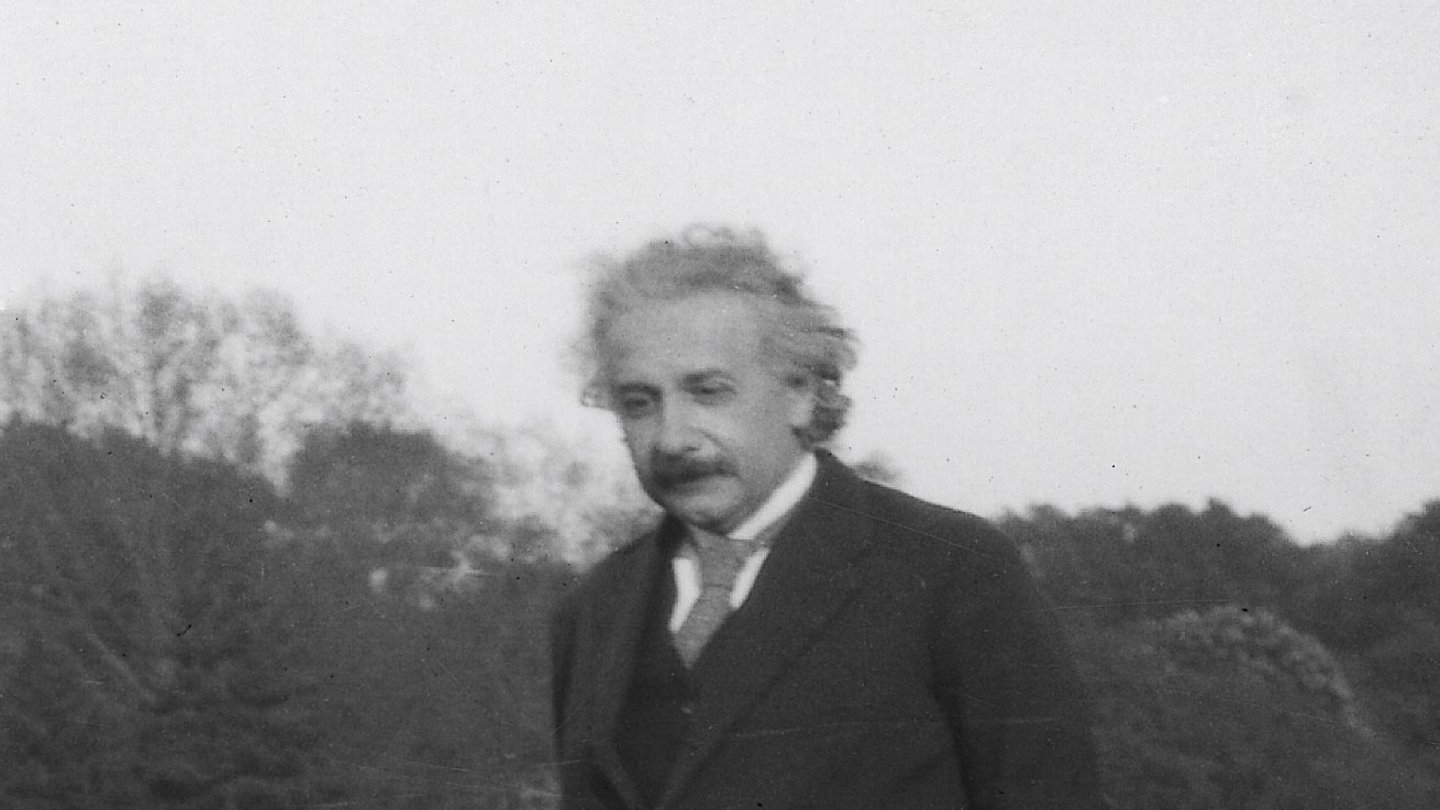Albert Einstein was born on March 14, 1879, in Ulm, in the Kingdom of Württemberg in the German Empire. His father, Hermann Einstein, was a salesman and engineer, while his mother, Pauline Koch, was a homemaker. The Einstein family moved to Munich when Albert was one year old, where his father and uncle founded an electrical equipment manufacturing company.
Contrary to popular myth, Einstein was an exceptional student from an early age. He taught himself algebra and geometry, and by age 12, he had learned calculus on his own. His passion for mathematics and physics was evident early on, and he often clashed with the rigid educational system of his time.
